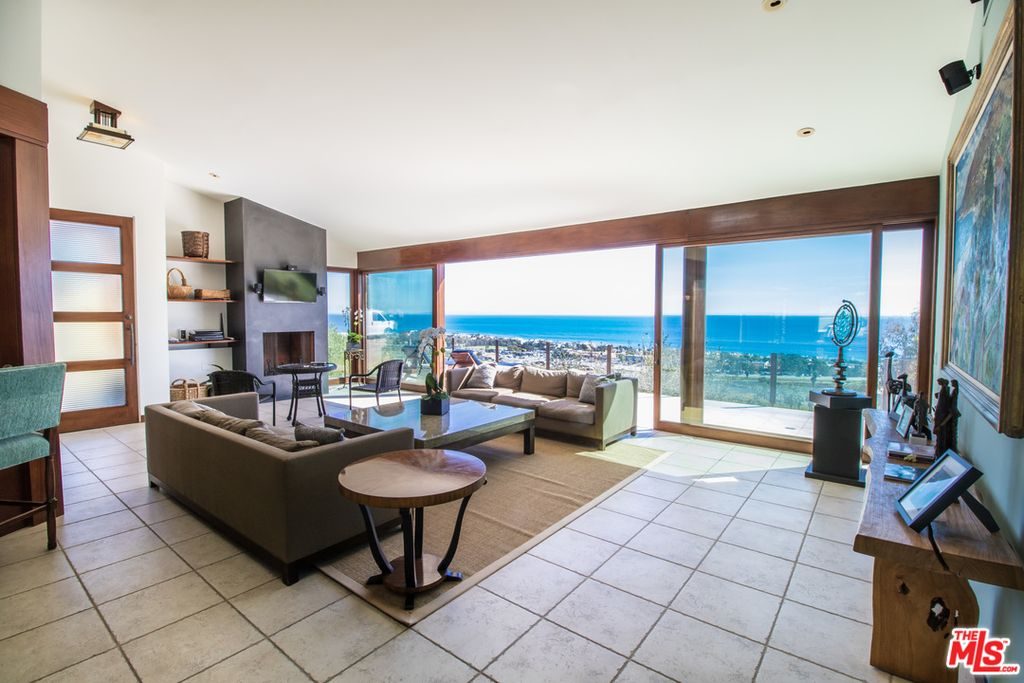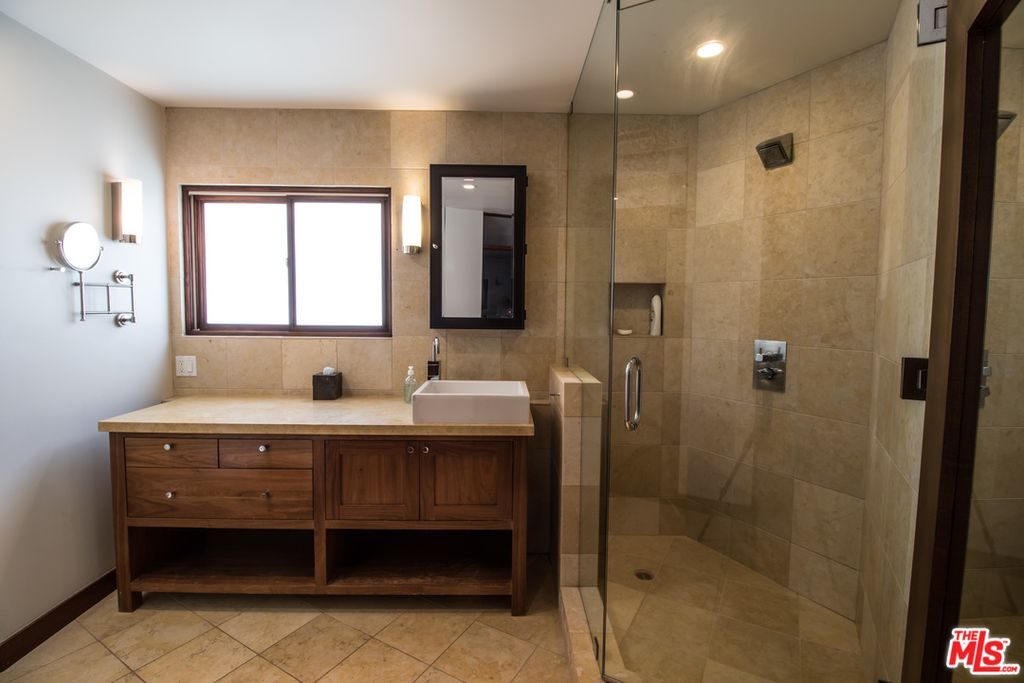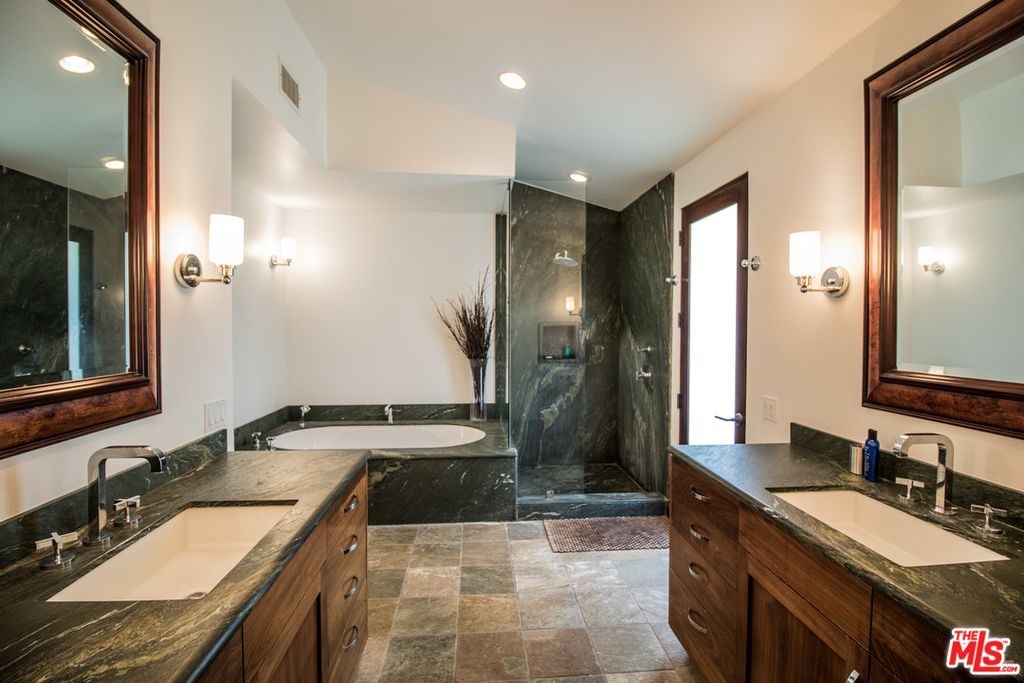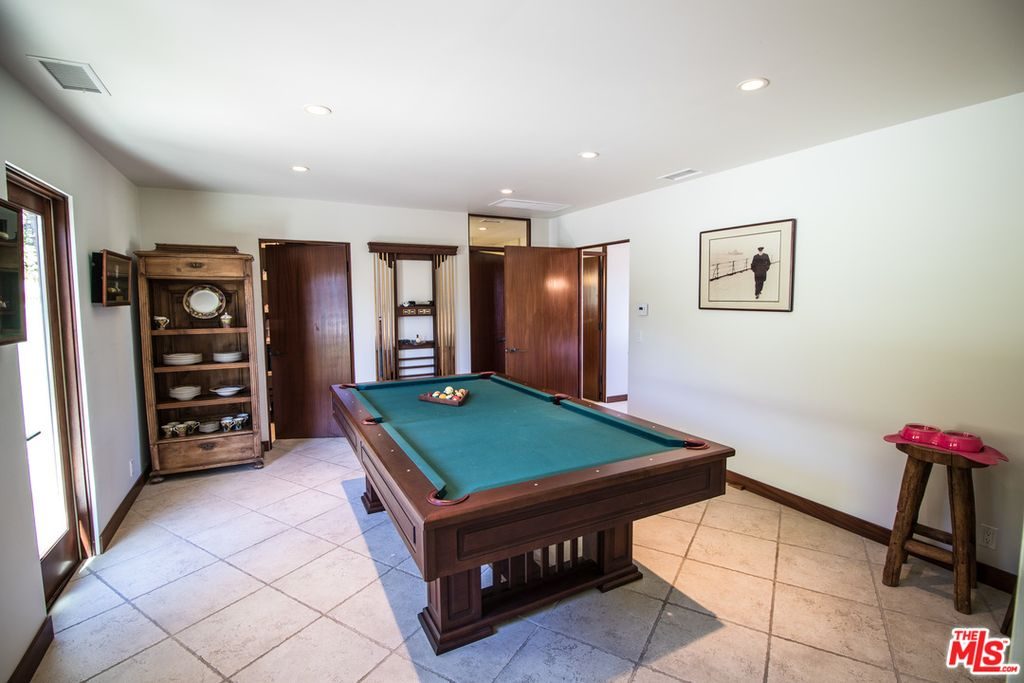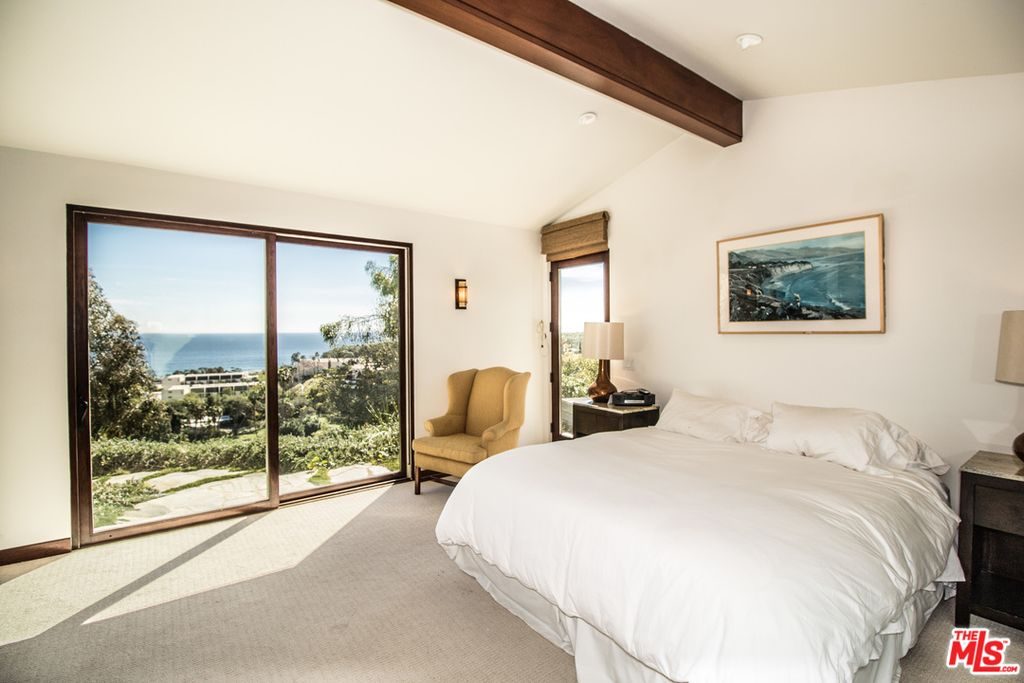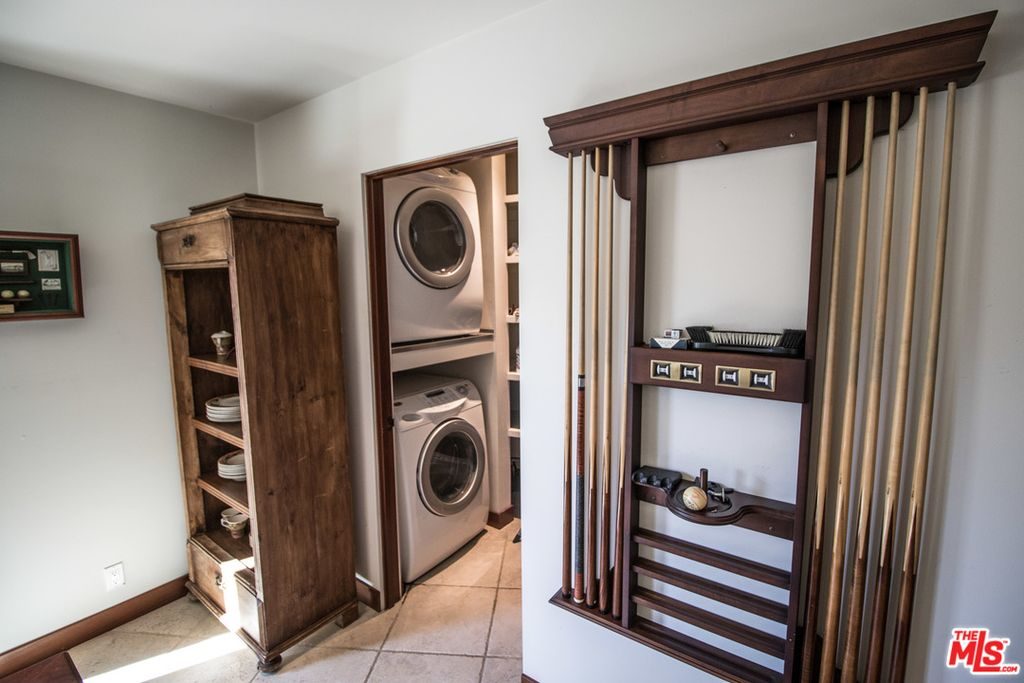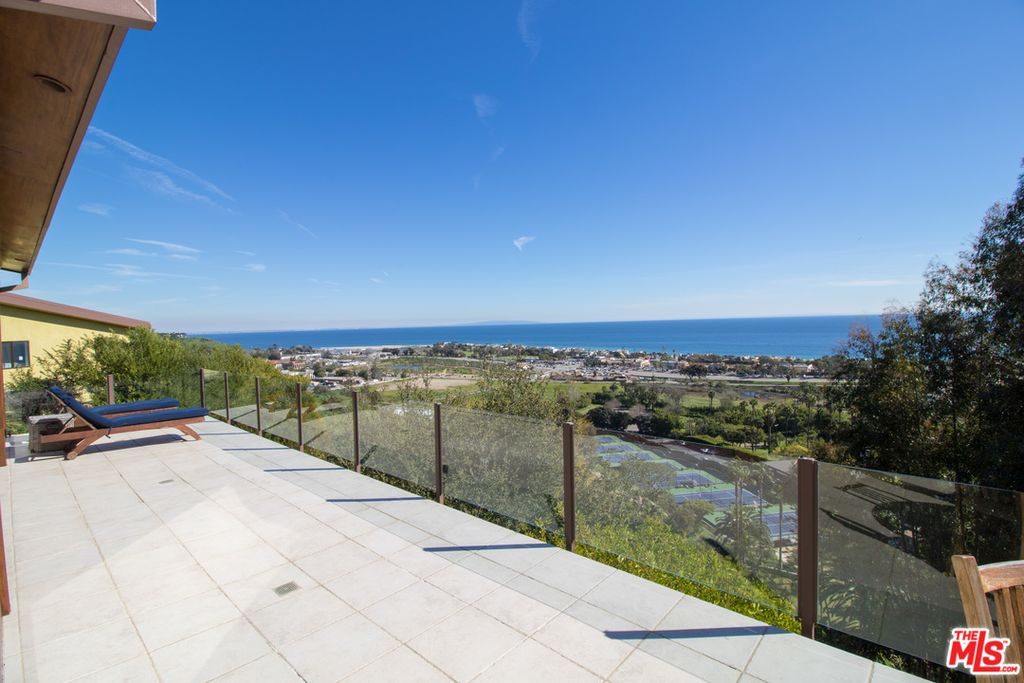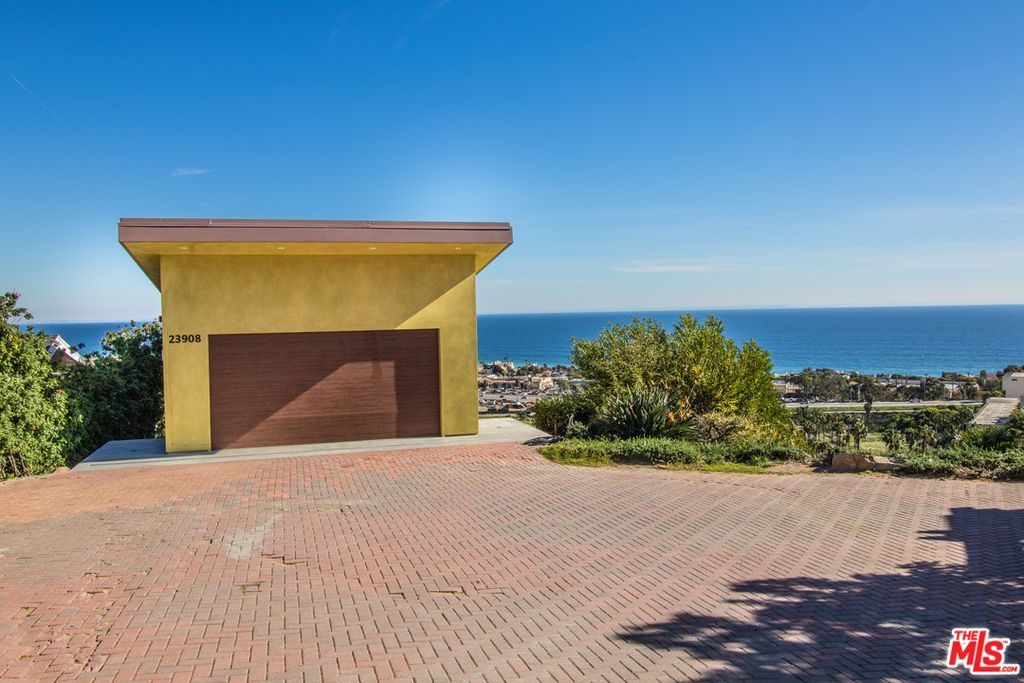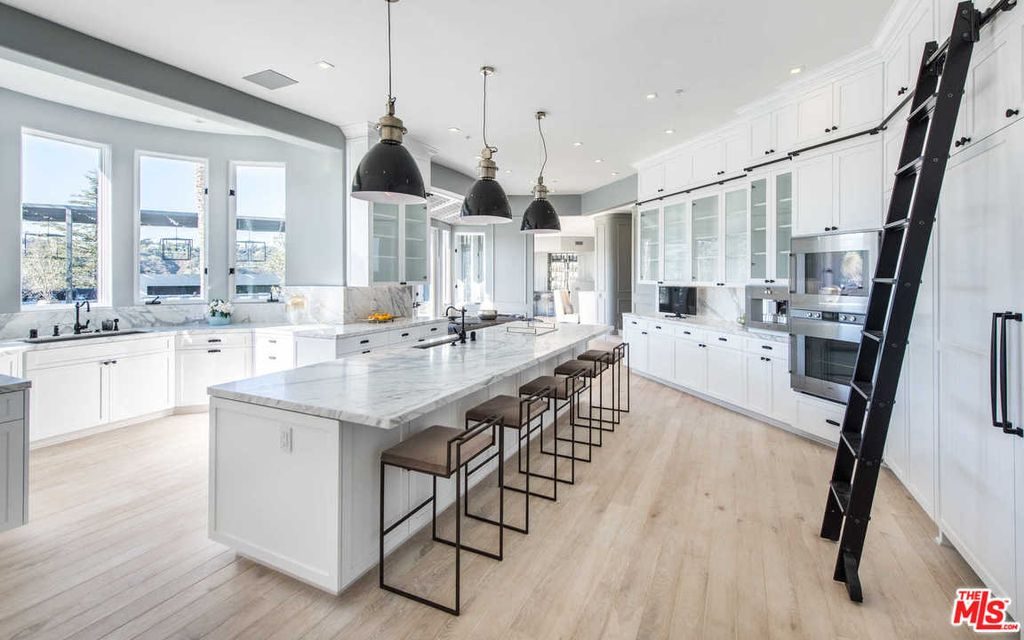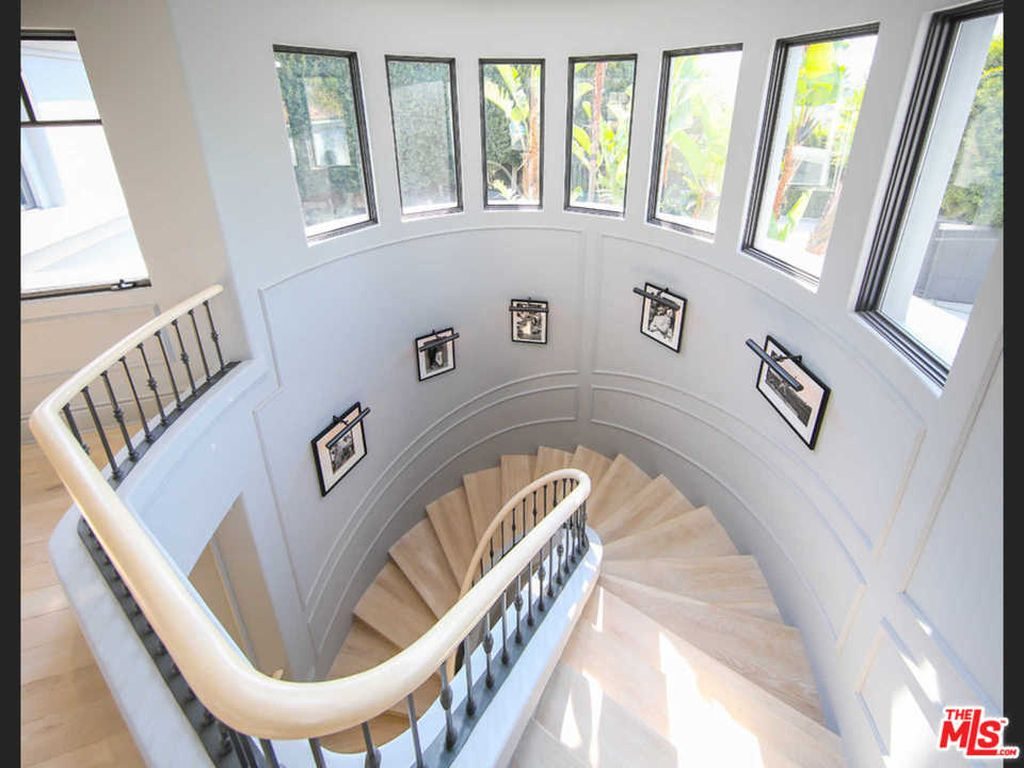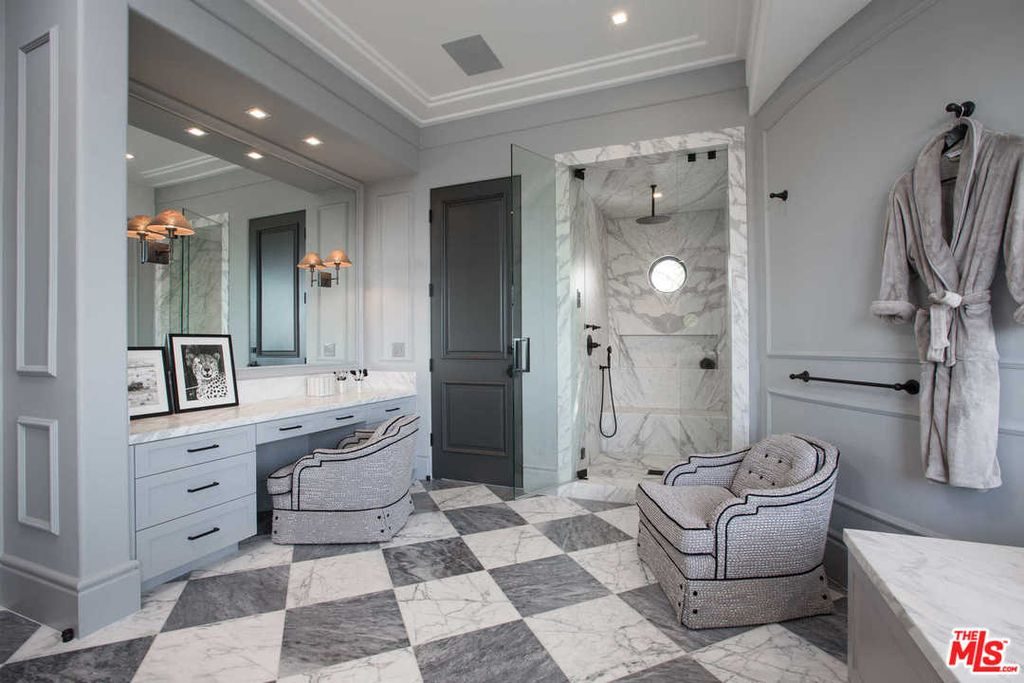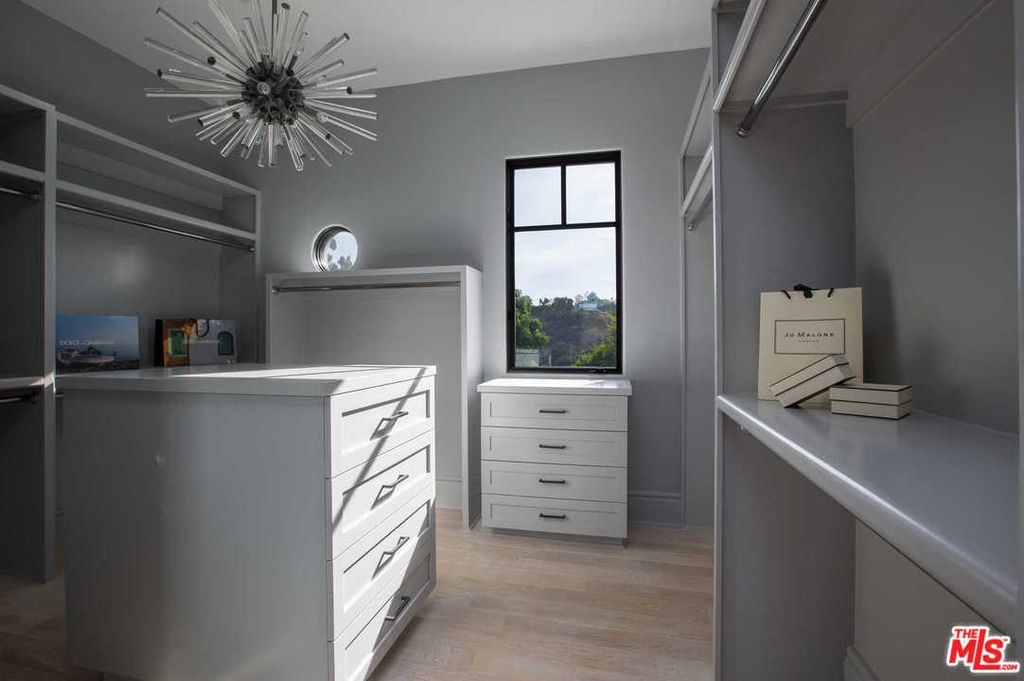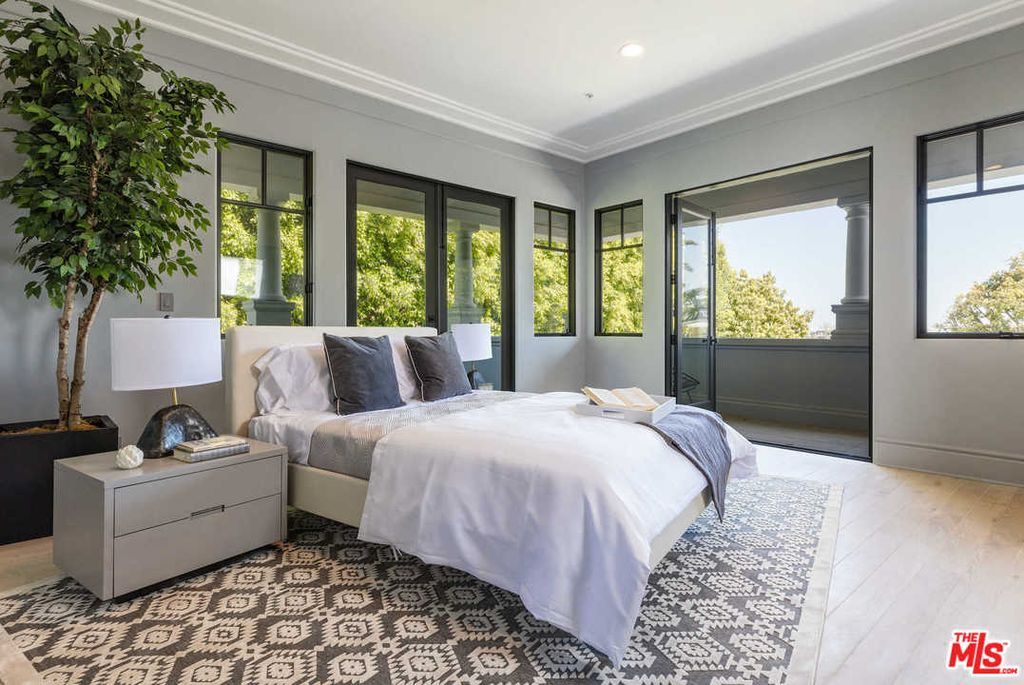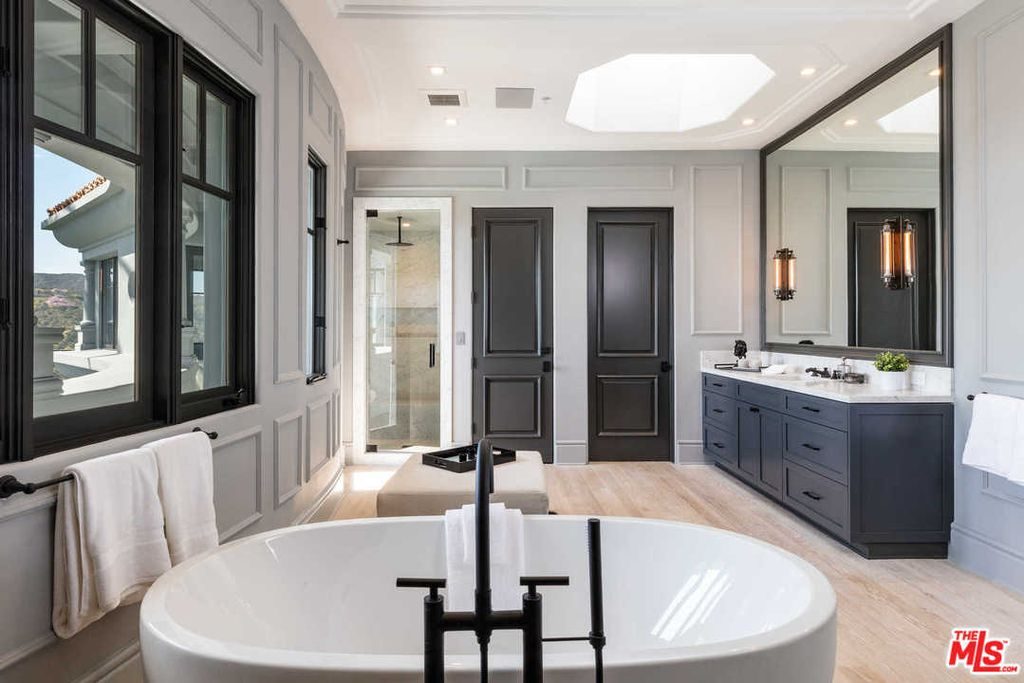If you’re a recent college grad, you’ve likely heard speeches about pursuing your passions and believing in yourself, but you probably haven’t heard much about establishing a good credit history. Here’s what you need to know.
It matters - a lot
Qualifying for mortgages, auto loans, apartments and even jobs has become dependent, to some degree, on your credit history.
Find out where you stand
The first step is knowing your current status. Access your credit report by visiting Annual Credit Report.com. Make sure all the information on the report is accurate, because errors can - and do - occur. Damaging discrepancies need to be corrected right away.
Build a credit history
Your credit history is one of the key factors making up your credit score, the all-important three-digit number that determines the rates you pay on everything from credit cards to mortgages to auto insurance.
The best time to build a credit history is when you’re young, and the best way to start a credit history is to get a credit card. This may sound counterintuitive, but if you don’t have a credit card, the scoring system has no information to go on for assessing your creditworthiness, so you come across as a credit risk.
Research credit card options
While many of the major issuers offer cards geared toward new applicants with little or no credit history, you might stand a better chance of getting a card at a credit union. Size up your card options on a site such as LowCards.com.
Gas cards and department store cards are also typically easy to get and can be a good place to start if your options are limited.
Another possibility - especially if you don’t have any credit history or your credit is damaged - is to get a secured card. These cards work just like a regular credit card, except that you place a security deposit with the credit card issuer to obtain one. They typically require $200 or more for the deposit, and this amount becomes the credit line for the account.
Use credit responsibly
The way to keep your credit score high is to spend responsibly within your means. Don’t use more than 30 percent of your available credit, and pay off your balances in full and on time every month. Your payment history contributes to 35 percent of your credit score, so this point is important.
Chip away at student loans
Student loans are a form of debt, and are therefore taken into account as part of your credit score. And while you may be worried about a lender seeing all of this debt (likely tens of thousands of dollars), there’s no need to be concerned if you’re handling your finances properly. Just be sure you’re managing your debt obligations and repaying them on time, every time.
Related:
- What Really Influences Your Credit Score?
- Tips for Renting With Bad Credit
- How to Protect Your Credit Score During a Move
Note: The views and opinions expressed in this article are those of the author and do not necessarily reflect the opinion or position of Zillow.
Originally published May 29, 2015.
from Zillow Porchlight https://www.zillow.com/blog/building-credit-for-grads-177080/



